|
Earlier this week NSW Health published an online survey "Maternity care in NSW: What's important for you?" for families who had had a baby in the past 10 years. On their Facebook page NSW Health stated they are "reviewing the maternity care policy and want to hear what’s most important in your experience".
The survey has sparked lots of interest in six days it has been out - in large part to the lack of the option of independent midwife in Question 8 for the type of care received. While mother of three and consumer advocate from Tamworth NSW, Samantha Wibberley, agrees with this shortcoming, she sees a series of other problems with this survey that will limit the amount of information NSW Health stands to glean from its consumers.
Samantha and I exchanged these messages yesterday morning in between shopping and dropping kids off (my responses are in blue).
Samantha had a good mind to write an article "picking apart" the survey but in this fast-moving online world and three kids under six to juggle, how's a mum to get time for that?? I don't know how she does it all, but like her, I was keen to seize the moment, so we made time for a quick recorded chat yesterday afternoon about it to share with you now. (Click link below.)
Samantha has since added that she's really happy to see the "survey being shared with so many people and that consumers are actively engaging with NSW health and wanting to provide their feedback, I hope more women continue to do so and keep on demanding a service that meets their needs. We deserve that!"
She would also like to know if NSW Health had consulted with a advisory group with consumer reps when they developed the survey. I'd love to know that too! Samantha has been advocating for the women of her region for 18 months now, since the closure of the Midwifery Group Practice at Tamworth in April 2018. She and the women of that region stepped up to have their voices heard and the MGP has been reinstated (in a manner of speaking) and a maternity services committee with consumer representation has been established to improve the services there. You can connect with Samantha and her community's campaign at Friends of Tamworth Maternity Services in Facebook. You can also hear about the early part of Samantha's work in this podcast (which also features two other women's struggles with their local health services).
Our thanks to Samantha for sharing her thoughts and being willing to bring them to an open forum, and to NSW Health for starting the conversation! We'd love to engage with NSW Health more! We have much to be proud of with the quality of care that can be found within NSW Health, but they could do so much better with more consultation. And we'd love to help with that process.
If you have comments you'd love to share about your maternity care, or this survey, you can email us at [email protected]. ~ Sally Cusack
0 Comments
This morning my sister sent me a #NICUAwarenessMonth video on social media (NICU - Neonatal Intensive Care Unit). It shows women with their premmie babies in the intensive care unit. The music is powerful and the words inspiring:
”This is not what you pictured... your baby surrounded by machines and wires... leaving the hospital empty-handed... But you are strong.. Because your baby needs you... To comfort them even when glass separates you... This journey is overwhelming... But you are adapting.” Nine years ago I had a premmie baby. I had pre-eclampsia which resulted in my son being born two months early via emergency caesarean. He weighed 835 grams. We had gone for an impromptu check-up and didn’t come home for two months. Most of that time we spent in NICU. That baby has grown into a wise, creative, funny, resourceful, intelligent and beautiful little boy. We are so blessed. And yet, as I sat at the table with my morning coffee, watching this video, tears poured down my cheeks. It caught me off guard. Again. This mountain of feeling - so mixed with grief, love, traumatic memories, gratitude, and even a bit of shock, all these years later. The endless helplessness and shock. The survivor guilt - so many people so much worse off. The babies that didn’t make it.
And I’ve done a lot of work on this already. Am accustomed to deep self enquiry.
So how to survive NICU? My son is thriving. He has flourished since his first breath, though we all fought harder than we ever expected to. We focussed everything on him. That habit was hard to break. Time has offered its mellowing gift. Six years ago we had another beautiful son, also birthed in fairly dramatic fashion. These days we are getting on with the business of living. But it took quite a few years for us to find our feet. More than I expected. We were deeply impacted by all that happened, and there have been lots of challenges along the way.
When I think of that time, my greatest support is the bone deep certainty that we did everything we possibly could to create an environment in which our baby could thrive, despite the beeping machines, changes of staff and invasive procedures. We left nothing in the tank. From Kangaroo Cuddles to fierce advocacy. We held firm to our convictions around attachment parenting, despite the dominant culture.
This claiming of our parenting style in the midst of an environment less than conducive to an intimate connected family circle, helped to ensure our role in a setting where we could easily have felt extraneous. One of us was with our baby 24 hours a day, just as it would have been if we were home. I sang lullabies through the glass. We even put up little signs on the humidicrib asking people to speak respectfully to/about him. Some staff loved us, some not so much. For someone who is a bit of a people-pleaser, that was surprisingly OK. I let my Tiger-Mama do her thing when necessary. If we had listened to the dominant culture, then and later, there may have been a very different outcome. In essence, we shaped the situation in any way we could, in a situation where so much was completely out of our control. One of the offshoots now, is that other people’s opinions about our parenting don’t matter so much. Under the layers of shock, we found a deep sense of agency that has seen us through our parenting to date. We learned to trust ourselves and trust our kids. I have come to see that the important question isn’t “How was the birth?” But rather, “How have you been transformed by motherhood or fatherhood?”
This processing of our experience has been hard-earned and is ongoing. There is a whole lot of isolation that comes from such an extra-ordinary experience. It’s not great coffee shop conversation. No-one really knows what to say to you. And it can be tricky to integrate into the “Mums and Bubs” set with such vastly different formative stories. I didn’t talk much to other people in the beginning. It was hard to reconcile my experience with what I presumed theirs had been. A surprising number of friends dropped away. I was so insular, both out of my own trauma and the reality of needing to protect my vulnerable baby. It seemed like there was no way anyone could connect with me in the enormity of all that had happened. And I was too exhausted and focussed on survival to try. I wish that I had kept talking, taking the risk to be heard, had kept going until I found the support I needed.
I’ve come to a place, finally, where I am ready to be heard. To be witnessed. For someone to stand present with everything I say and not feel compelled to compare it to something they’ve heard or experienced. To not try to make it better. Just to listen. I’ve discovered my own need to stop protecting other people from my story and to have the courage to just tell it. There’s a surprising amount of fresh air in the places left by the telling.
You can listen to Krishna's interview with Sally via this link below.
Mandala Diehl is director of Federal Children’s Community Centre in northern NSW and a childhood educator. Over years she watched an overrun piece of land grow thick with lantana and had a vision for change: she would create a living classroom – a bush tucker garden for the children to learn about nature, to appreciate nature and to be in nature.
Together with a local bush regeneration expert and the Widjibull elders (on whose land the garden stands) they created an astonishingly beautiful garden that thrives today. This is more than just a bushtucker garden. It’s a living, breathing classroom that teaches children about bush foods, plants and local animals. It also works to forge a bridge between the indigenous community and it’s white inhabitants.
People visit to sit in the beauty of it’s nature, they come to learn how to replant the native plants that belong to this region, and they begin to understand the impacts of working with the ecosystem of the Widjabul land. Animals are returning, the soil is nurtured and the community tie is strong. Today anyone can enjoy the space; come together and learn about this living classroom. Federal Community Children’s centre is also thriving. Under the nurturing care and tutelage of a bunch of remarkably passionate educators, each child’s individuality is celebrated. The kids spend swathes of each day outdoors in child-led play, and in this garden. Come and visit sometime. It’s worth the short drive.
Author and Podcast Producer: Kimberley Lipschus
|
Details
NE PLUS ULTRA
AuthorsThe authors of this segment are varied, each post will indicate the author of that particular post. For more information about our team, visit here Archives
February 2019
Categories |
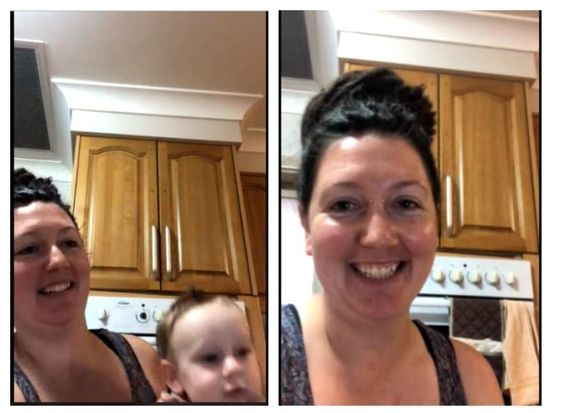
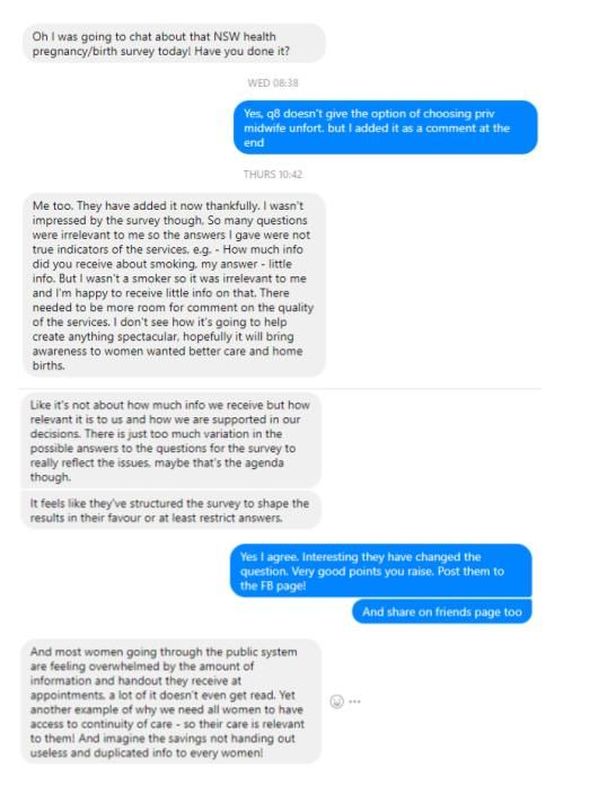
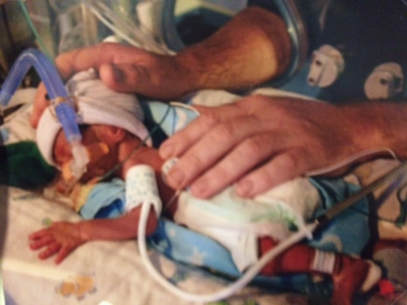
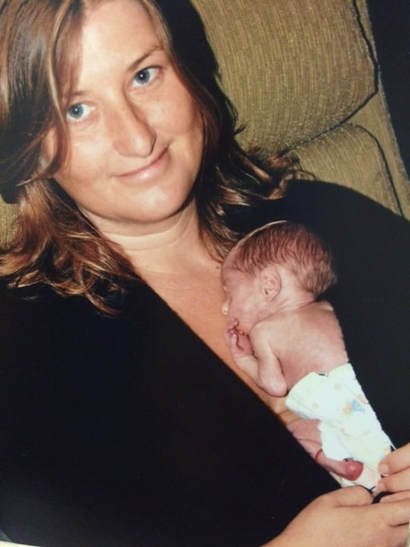
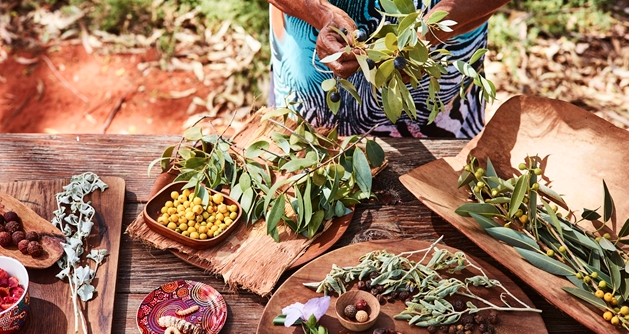
 RSS Feed
RSS Feed